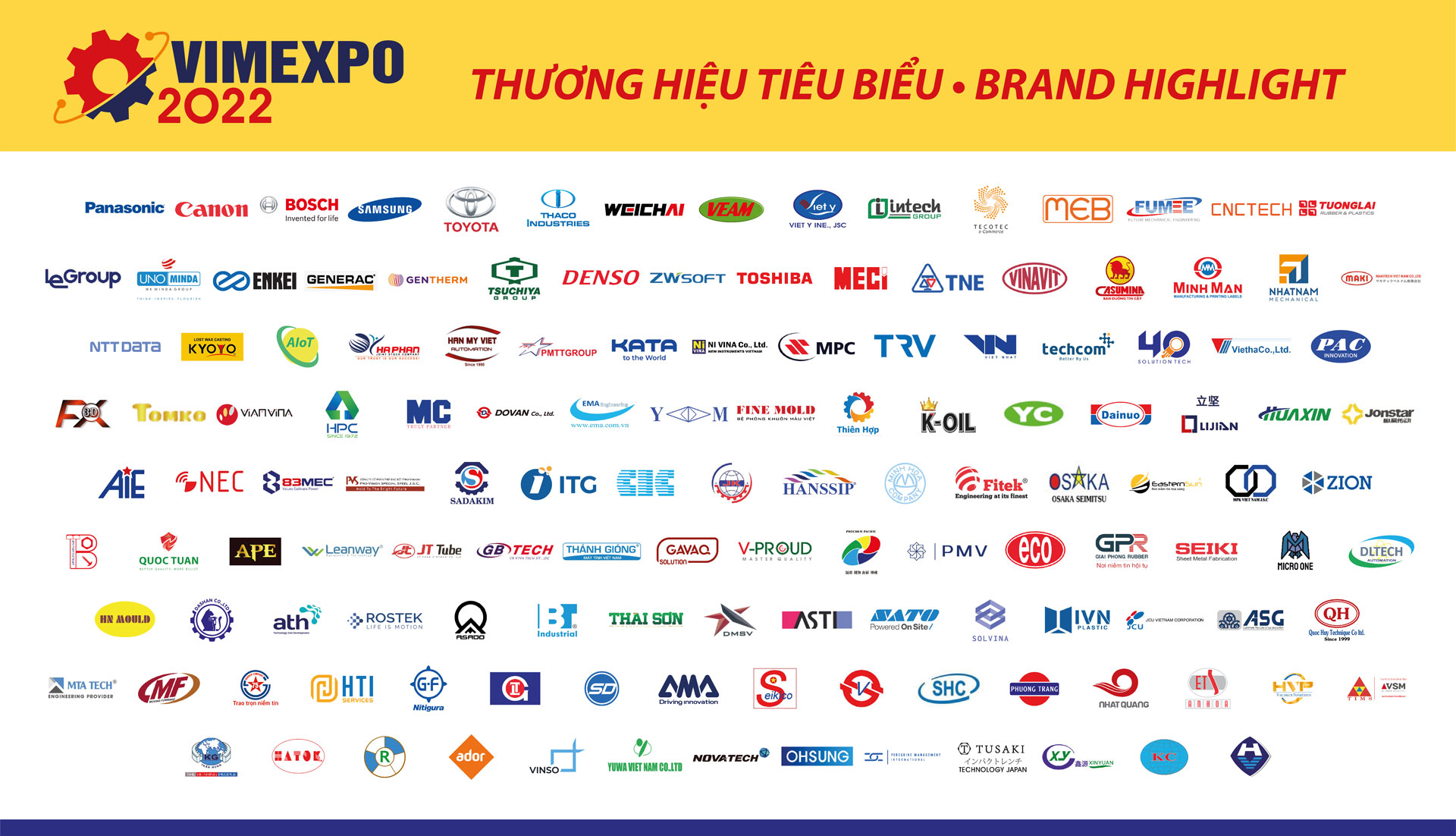One is, the State provides financial support to the automobile industry, such as low-interest loans or loan guarantees to encourage investment. For example, the State can establish a national fund for the development of the automobile industry, which can be used to provide financial support to companies, especially small and medium-sized ones, or can provide tax incentives for companies that invest in R&D, training and technology transfer. Adjust tax and fee policies to help businesses reduce costs, leading to lower vehicle prices, giving people more opportunities to own cars. Second, it is necessary to develop domestic supply chains by encouraging the development of local suppliers so that the State can reduce dependence on imports and reduce costs for businesses. This will create new opportunities for local businesses and increase the competitiveness of the industry. In addition, by building a domestic supply chain, businesses can improve their access to raw materials and reduce the possibility of supply chain disruptions; at the same time, reduce their dependence on imports.
For the auto support industry, it is necessary to meet the domestic demand of domestic assembly companies, thereby creating a foundation for stable development and expanding production towards exporting supporting industrial products. In addition, the State also needs to build and support the establishment of marketing centers and promote auto support industrial products.
Third, promote FDI enterprises to transfer technology to domestic enterprises as committed in the investment contract. First of all, the State needs to establish a legal framework requiring FDI enterprises to transfer technology to domestic enterprises as part of the investment contract. This could be specified in the contract outlining the technology transfer requirements, penalties for non-compliance and enforcement mechanisms or it could be possible to establish a technology transfer office to facilitate the transfer from FDI enterprises to domestic enterprises. This office could provide technical assistance to domestic enterprises as well as facilitate partnerships and cooperation between FDI enterprises and local enterprises. In addition, the State could encourage joint ventures between FDI enterprises and domestic enterprises as a means of facilitating technology transfer. Fourth, the State could invest in developing local design and engineering capabilities to enable local manufacturers to design and manufacture their own parts and components. This would reduce the need to import components and spare parts from other countries, while increasing the high localization rate; At the same time, it is necessary to develop a list of automotive supporting industry products, thereby helping policy makers and companies have a clear view of the automotive supporting industry, overcoming the vague perception of the supporting industry such as identifying the development of supporting industry with increasing the domestic rate. Developing a list of supporting industry products includes assessing the level of technology or technical content in the product, thereby positioning Vietnam in the global supply chain for the automobile manufacturing process. Fifth, developing a skilled workforce is essential for the development of the automotive industry. The State can invest in education and training programs, focusing on developing the necessary skills and knowledge of this field. This can include vocational training programs focusing on specific aspects of the industry as well as partnerships with universities to develop specialized courses. This will create a highly skilled workforce that is capable of meeting the industry’s needs in the coming time.




